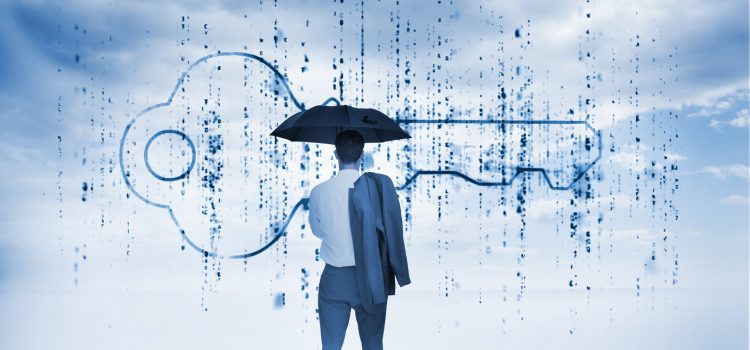Artificial intelligence has been talked about for decades. Taking life originally in science fiction in the form of robots and holographic beings, it has been slowly becoming a real possibility for the world.
Some mediums portray AI as a beneficial asset to humanity, as such in cases like the movie Bicentennial Man or the video game series Halo. These AI help humans by reducing the need for humans to work or by helping them with calculating immensely complex mathematical calculations.

Other mediums show AI as a very real threat, like in the Matrix trilogy, or I, Robot, and many other AI based films.
The White House recently weighed in on the benefits and dangers of artificial intelligence, understanding that it could be both a major boon to society or a dire catastrophe waiting to happen. Artificial intelligence, at its core level, is the ability for a computer to assess possible courses of action and choose an option based on the assessed outcomes. Machines started out being directly controlled by humans, and as automation took hold, they utilized a program to perform their tasks. Now, machines can make decisions.
A good example of this is a small robot known as Nao. Based on programming, a robot will respond to whatever command you give it. Tell it to walk, it walks. Tell it to stop, it stops. Tell it to walk toward a cliff, and it will keep walking until you tell it to stop or it falls off the cliff. However, Nao has the ability to examine its environment and make a decision based on that analysis. When told to walk forward with the edge of a table ahead, the little robot refuses, claiming it is unsafe. When its owner says he will catch the little bot, the robot reluctantly agrees, placing its trust in the human commander.
What does this mean for AI? As AI continues to grow, they could become self aware, and that ingrained survival instinct could have more repercussions on humanity as a whole. We are nowhere near that point yet, but with advancements in the AI field, there is growing concern that sufficiently advanced robots could displace human workers. Robots don’t eat or sleep, and could very well be lower maintenance than a human counterpart. Learning is just a software update away, rather than years of training and experience. Military robots could kill without impunity, never feeling remorse or regret.
All that said, AI could be really helpful. It could search for survivors after disasters like the one which happened in Fukushima, Japan, scour planets for all sorts of scientific discoveries, and work in locations too inhospitable for humans. Some AI programs already help make extremely accurate surgical procedures a reality. As long as robots follow Asimov’s three laws of robotics, things should be pretty good.
Source:
http://fortune.com/2016/05/03/white-house-artificial-intelligence/



